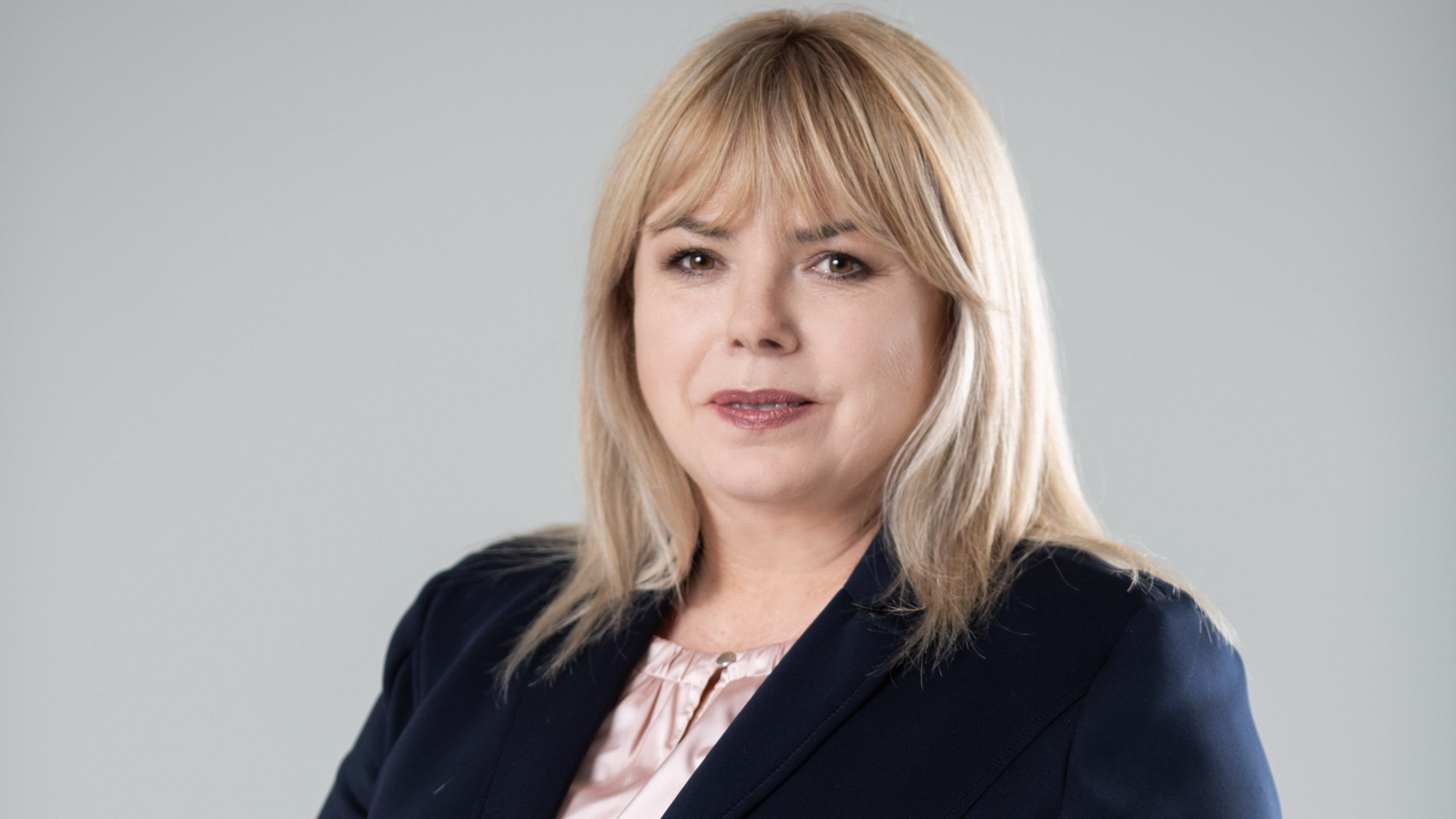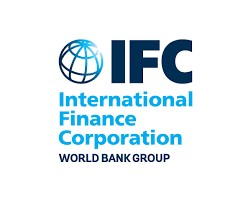By Newsroom
Copyright business-review

This article was first featured in Business Review’s special editorial project Women Redefining Business 2025 (print edition), celebrating the remarkable journeys of the most innovative and successful female business leaders in Romania.
My professional life has unfolded at the crossroads of economics, public policy, and leadership. I began in the institutional world, with a strong focus on macroeconomics and fiscal policy, and gradually transitioned into roles of increasing responsibility in government, international organisations, private sector, academia, and, more recently, central banking. Each step has been defined by my commitment to building institutions that serve the public good, advancing transparency, and strengthening economic resilience.
Resilience has often been a silent companion in my professional life. One defining moment was taking on leadership responsibilities in times of profound political and economic uncertainty. During such moments, my ambition was not personal advancement, but the stability of the institution I represented. I found strength in surrounding myself with capable, motivated teams and in staying focused on long-term objectives despite short-term challenges. Success meant maintaining institutional integrity and guiding reforms that later proved fundamental for financial stability.
At the National Bank of Moldova, my leadership has centred on three priorities: strengthening governance, fostering a culture of openness and professionalism, and preparing the institution for the challenges of European integration. The impact is visible both internally, in the confidence and vision with which teams now collaborate, and externally, in the Bank’s standing as a credible, transparent institution. Transformation is never the result of one person alone; it is a collective effort, but leadership can provide the clarity and trust needed to move forward decisively.
The financial sector, once perceived as a predominantly male field, has undergone a meaningful shift over the past decade. Women have taken on increasingly visible roles, from technical experts to senior leaders in central banks, financial institutions, and international organisations. This evolution is not only a question of representation; it has enriched decision-making with diverse perspectives and contributed to more inclusive, balanced policies. While challenges remain, the progress is undeniable. I believe the future of finance will be shaped by a generation for whom opportunity depends not on gender, but on competence and vision.



